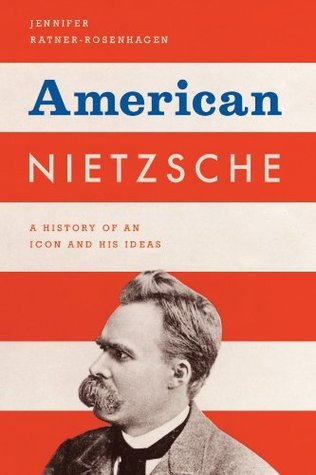Lippmann, Walling, and Bourne best expressed this enthusiasm about the parallels between Nietzsche, James, and Dewey. They praised the experimental approach to knowledge and social problems advocated by all three philosophers. And they delighted in the common argument that knowledge is created, not inherited—made, not found. The critics applied this logic to argue that historical knowledge, scientific formulas, and cultural conventions are true only insofar as they are life-affirming and heighten humankind’s sense of the possible. In addition, Nietzsche and the pragmatists stressed that man is
...more
Welcome back. Just a moment while we sign you in to your Goodreads account.


